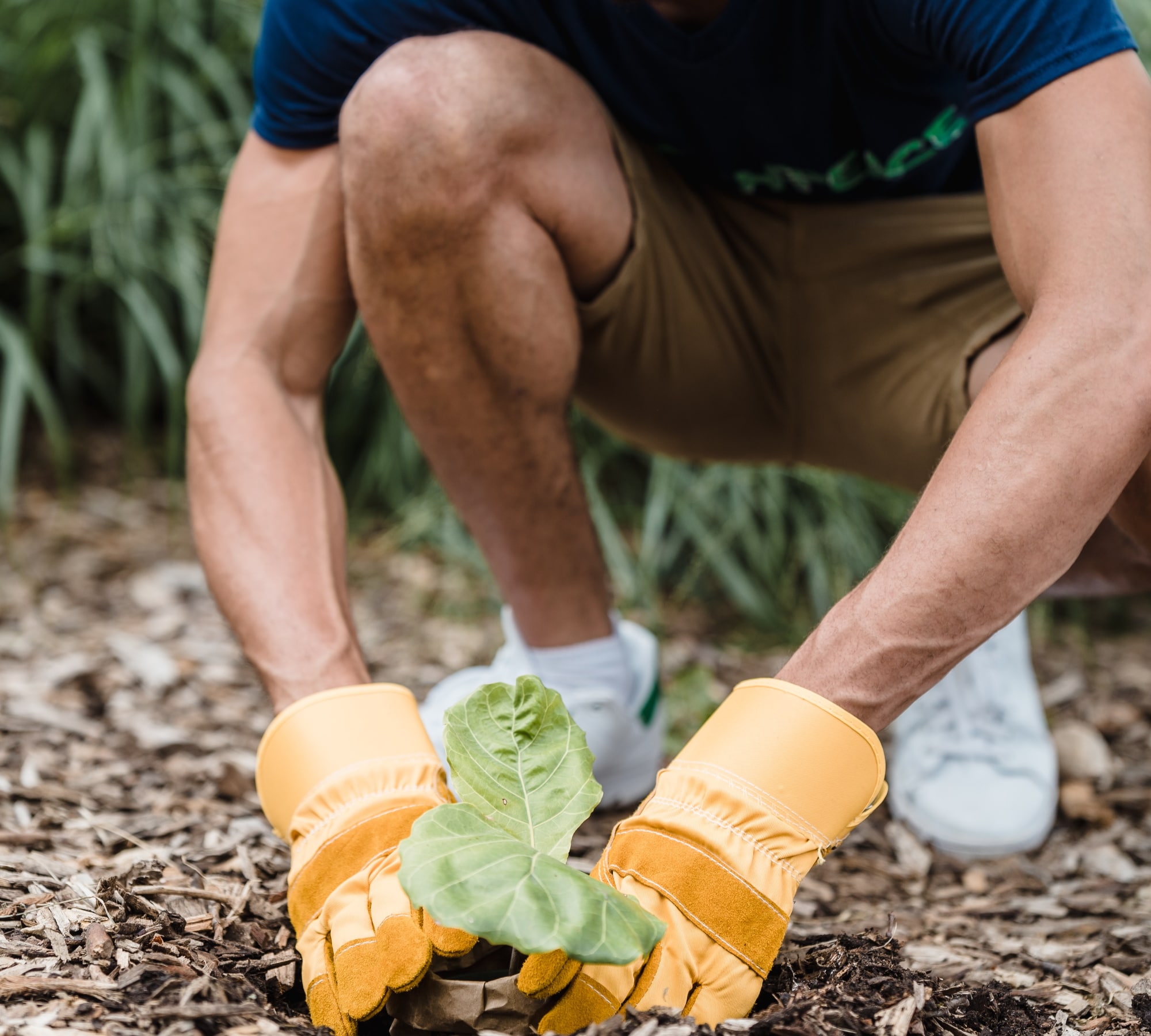Seven Chiropractic Tips for Gardening
CASA
Seven Chiropractic Tips for Gardening
With all the standing, bending, reaching and pulling, gardening is a great form of exercise for all ages, but it can also place strain on your back and lead to other injuries like tennis elbow, carpal tunnel syndrome and more if you don’t pay attention to your posture, joints and muscles
While your chiropractor can help with spinal adjustments and recommending lifestyle changes, prevention is often better than cure.
If you’ve been inspired to flex your green thumb, here are some tips to keep you fit and healthy while gardening.

Warm up – although a fairly safe, low-impact activity, gardening can put strain on your muscles. Be sure to stretch and warm up with some light exercise before you start your day of gardening activities because warm muscles will work more efficiently and are less likely to be injured.
Take a break – it’s easy to lose track of time in the garden, but to avoid overdoing it, you should take regular breaks to minimise the strain on your back and give your joints and muscles time to rest. Why not set a timer for every 15-20 minutes to stand up, stretch and walk around a bit? This is particularly important when you are doing things that involve a lot of bending, like weeding or planting.
Avoid bending – gardening often involves extended periods of bending. Consider investing in a special stool or kneeler pad, which allows you to kneel while weeding or planting instead.
Avoid the twist – if you’re a gardener, you’ll know there’s a lot of twisting to reach the space around you. Be aware of your movement, squarely face the area you’re working on and don’t over reach. Better yet, adjust your position and move along to keep close to your work.
Lift and carry carefully – from bags of compost to large containers, many gardeners hurt their backs while carrying heavy items. Either get help or learn to lift these objects carefully. Stand close to the object, squat down using your legs (instead of bending over), use both hands to grasp the object and keep it close to your body as you slowly straighten your legs. Finally, use a wheelbarrow and limit the distance you carry heavy items.
Ask for help – if you need to move anything heavy, or are struggling to bend, don’t be afraid to ask for help from someone more capable than you. A fit family member or friend could get the job done in half the time.
Use the right tools – make sure your tools are the right size for both you and the job. Using the wrong tools can make gardening so much more difficult and painful than it needs to be. Consider purchasing some long-handled tools to reduce your need to bend over as much, and look out for tools with better grips and cushioning too, as they cause less fatigue.
Dislaimer:
This blog post is not intended to replace professional medical advice, diagnosis or treatment. Always seek the advice of your physician or other qualified health provider with any questions you may have regarding a medical condition.
